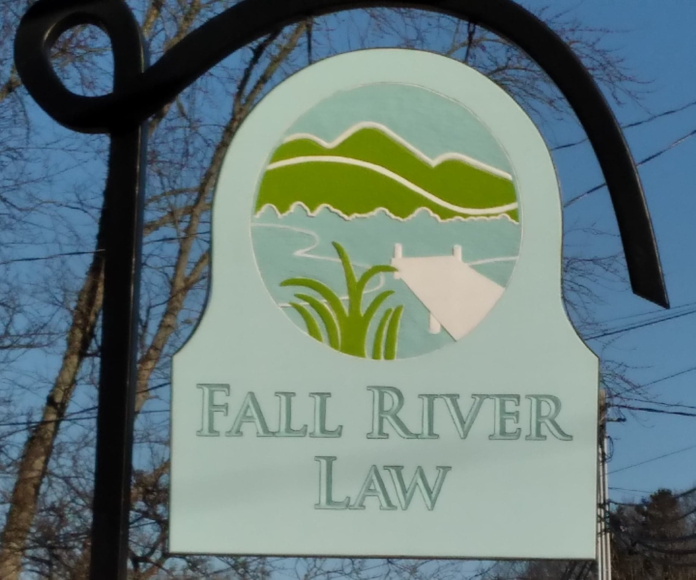This column is submitted by Fall River Law.
I often get some push back when I ask for copies of paystubs, pension information, income tax assessments and returns for the past three years, etc. (“financial disclosure”) from everyone involved. Especially when clients come to me with a written separation agreement that they just want me to review.
It doesn’t matter if the separation agreement you bring in was “homemade”, from a template on the internet work prepared by a spouse’s lawyer- there needs to be full financial disclosure every time. So, I am going to tell you why I ask for financial disclosure, but first I am going to tell you what I am not doing.
Lawyers are not asking for financial disclosure so they can rip apart the agreement that you have. We don’t want to undo the work that you have already put into it. But when you come to see me to get my advice on the agreement and whether it is fair I need to know the details behind that agreement. I can not just look at the agreement alone and give you an opinion on whether the agreement is a “good deal”.
Some people fear that by giving all of their financial information they are handing over ammo that the other side can use against them, or they think that their spouse is going to be after everything that they have. The law protects from the situation where one person gets everything by requiring full disclosure, which facilitates a fair and equitable agreement.
That is the goal of financial disclosure- to find a fair agreement. You cannot make a fair agreement until you know what all that agreement needs to cover. When you come to a lawyer looking for independent legal advice on an agreement, they need this information to give you proper advice on the fairness and adequacy of that agreement.
Dividing property at the end of a relationship is not a matter of dividing everything right down the middle, and so if there are certain investments that you would like to keep, disclosing the amount of those does not mean that you are automatically going to lose it.
With full financial disclosure from both sides there is room for flexibility in the give and take. If you want to keep your investments and your spouse wants to keep their pension, then that could balance each other out as part of the division. If you have full disclosure you know what the pieces are that can be negotiated around, so really financial disclosure makes it easier to come to an agreement. When you cannot divide it out equally, then your can provide an equalization payment to make up the difference.
So, agreements can be flexible, but disclosure is not. At the end of the day you need to provide and receive full financial disclosure in order for you to have a lasting agreement. If you do not provide full disclosure when forming a separation agreement, and you spouse finds out, they can go to court to change the agreement.
Where there was no financial disclosure a judge would likely override the existing agreement and alter it to be fair and equitable with all of the assets and debts considered.
So what do you need to for full disclosure? Well it depends on what you have, but essentially you have to give account of all of your investments, savings, pensions, loans, credit cards, and a valuation of all of the larger assets that you have, such as property and vehicles.
Basically, you need to lay out everything that you own, and everything that you owe – and provide proof where you are able, like printing out bank or credit card statements. There are also some documents that we will always as for, these are: 2 consecutive paystubs, income tax returns and assessments for the last three years, and the value of your pension if you have one.
So if you are going to be seeing a lawyer about a separation agreement, you can save time and money by coming prepared with all of this information on hand.
Be proactive and collect this financial disclosure for you and your spouse if you are able. Remember, you cannot and should not have anything to hide. You need full disclosure in every process and what that looks like may differ, but the requirements for disclosure are always the same.







